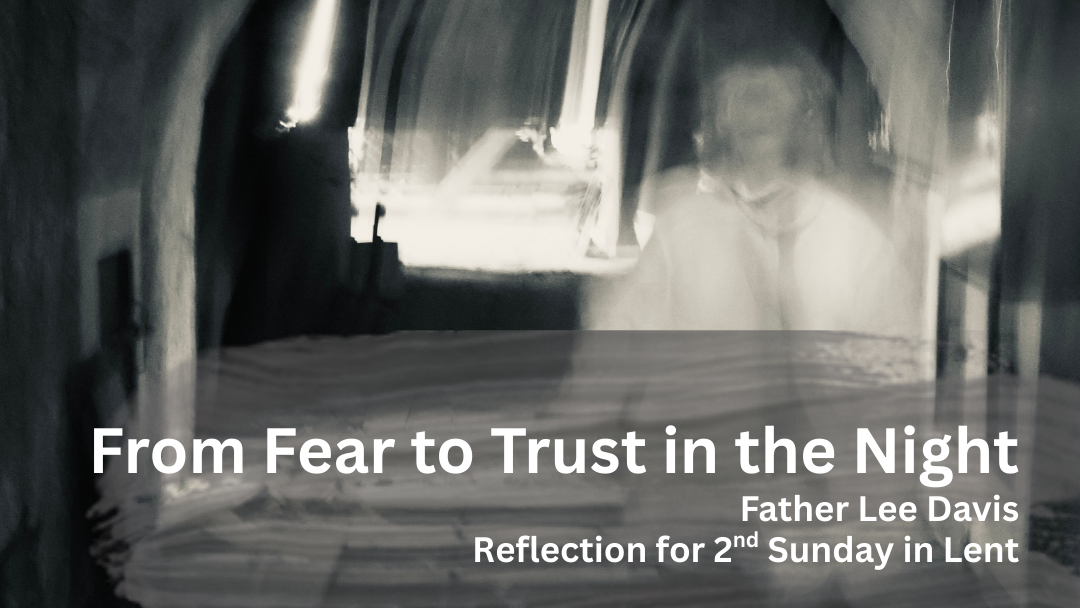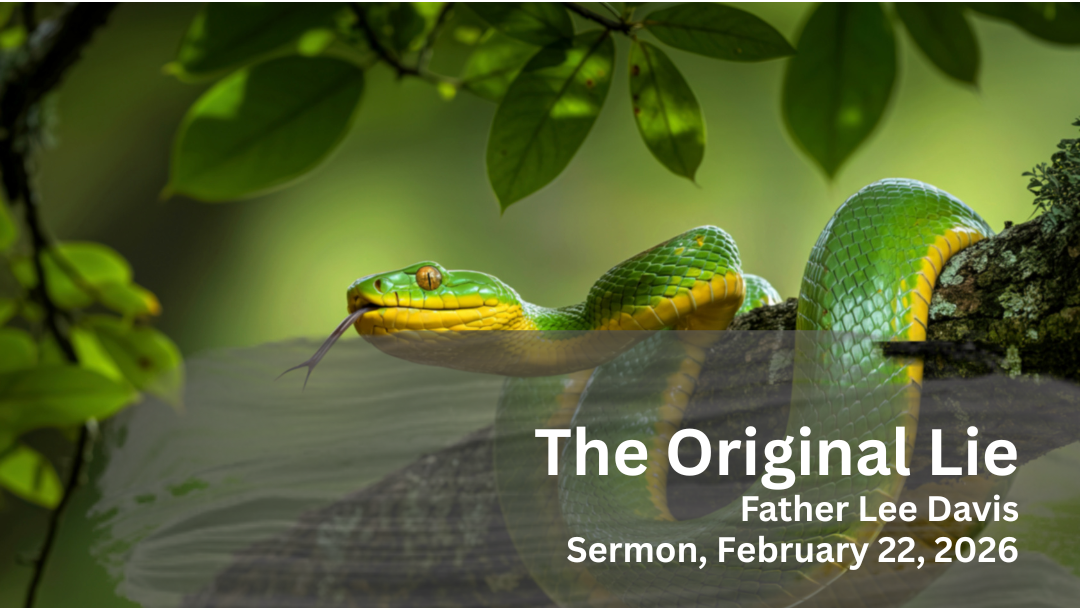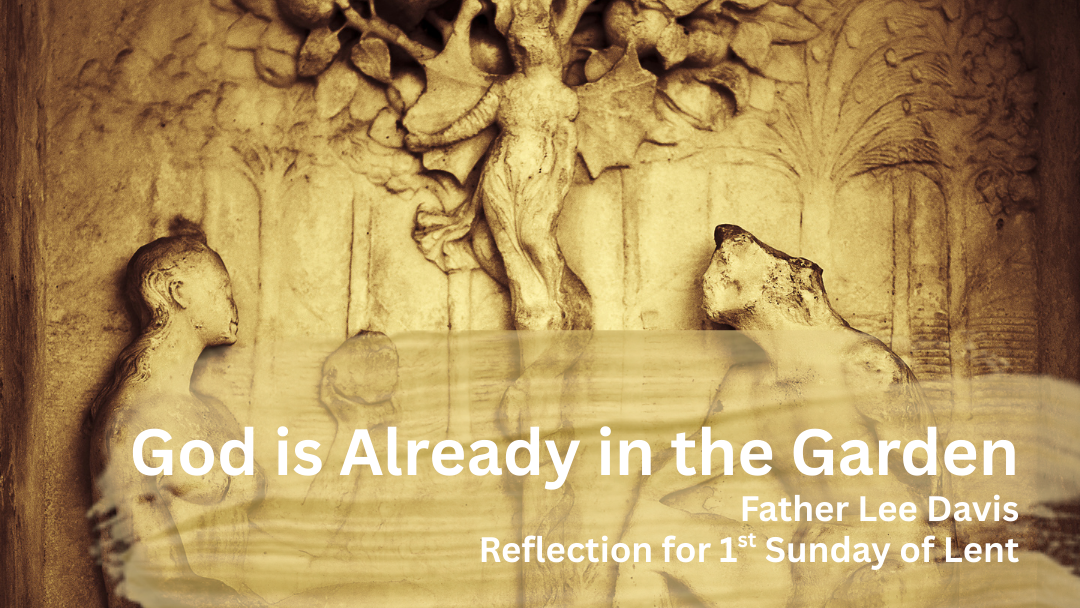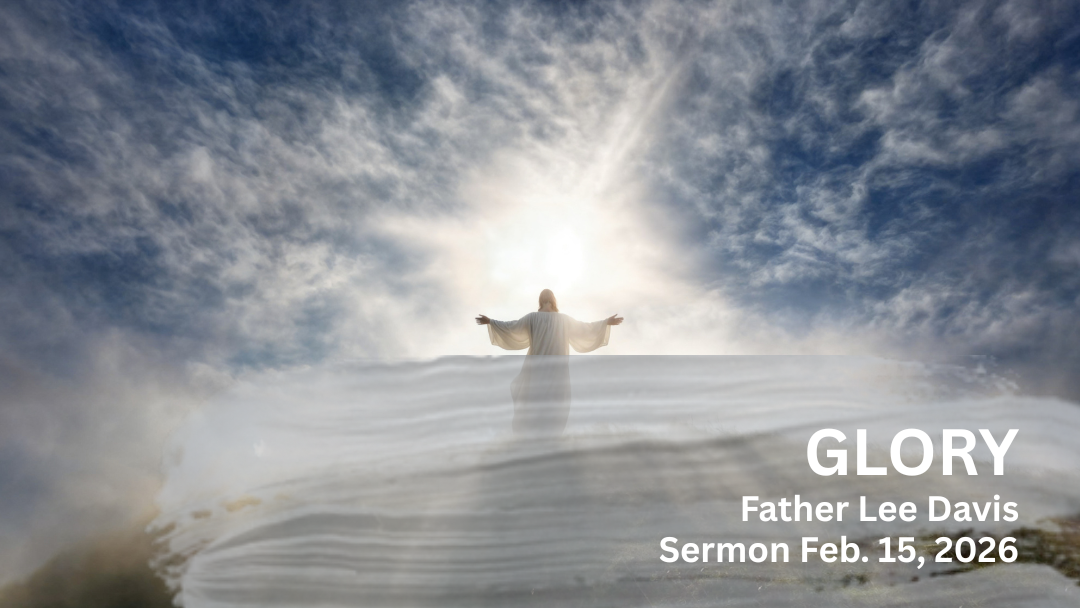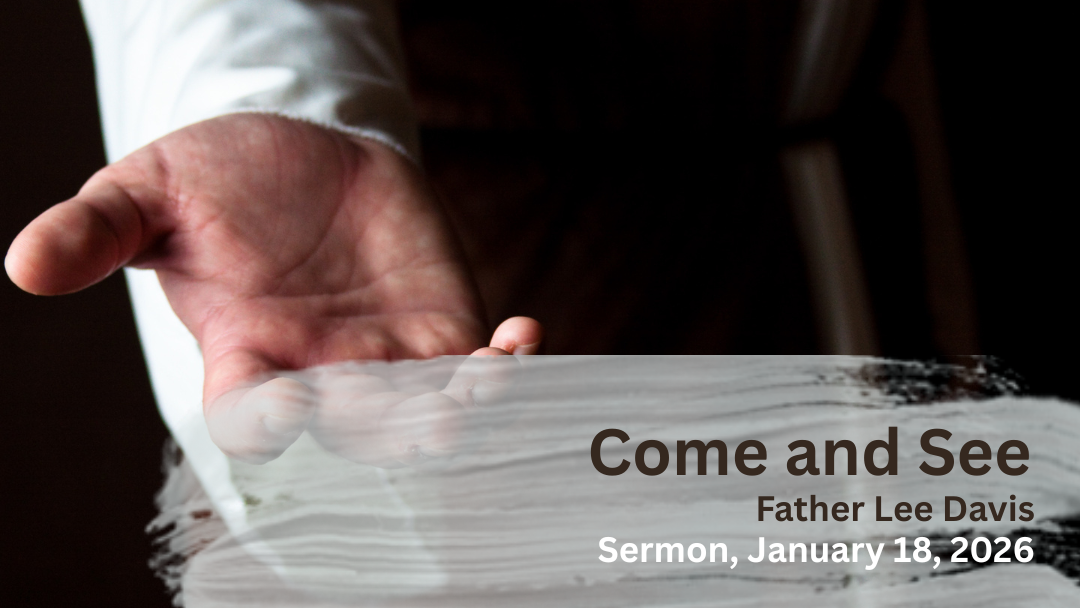When God Breaks Boundaries
Reflection on Act's 11:1-18
The reading from Acts 11:1–18 tells a story that shook the early church to its core. Peter, a Jew and follower of Jesus, comes under fire—not from the authorities or unbelievers, but from his own community. "Why did you go to uncircumcised men and eat with them?" they demand. It’s a question laced with judgment, confusion, and fear. Peter had crossed a line. He had broken a boundary that many thought God had drawn clearly.
But Peter responds not with defensiveness, but with testimony. He recounts his vision—how the heavens opened and a sheet descended, filled with all kinds of animals considered unclean. Three times, a voice told him, “What God has made clean, you must not call profane.” (v. 9, NRSV)
This wasn’t just about food. It was about people. Gentiles. Outsiders. The very ones whom the early Jewish Christians assumed were beyond God’s reach. But then Peter tells of how the Holy Spirit fell upon Cornelius and his household—the uncircumcised, the “other”—in the same way it had fallen on the disciples at Pentecost. “If then God gave them the same gift that he gave us when we believed in the Lord Jesus Christ,” Peter asks, “who was I that I could hinder God?” (v. 17)
That question echoes across the centuries. Who are we to hinder God?
It’s a question the church must always be willing to ask. Whenever we draw lines—around race, nationality, class, sexual orientation, gender identity, political affiliation, or theology—we must remember that God's Spirit blows where it will. The boundaries we think are fixed, God redraws—or erases entirely. The Spirit shows up in unexpected places, among unexpected people, offering the same grace and gifts we once thought were reserved only for “us.”
The good news of this passage is not just that outsiders are welcomed in. It’s that God is always at work expanding the church's heart. The early disciples didn’t just have to accept the Gentiles—they had to be changed themselves. Their understanding of God had to grow. Their hearts had to open wider. And when they did, they were left speechless. “Then God has given even to the Gentiles the repentance that leads to life,” they say in awe (v. 18).
This story reminds us that the church is not ours to control, gatekeep, or limit. It belongs to God. And if God is doing something new, if the Spirit is moving in ways we hadn’t expected, our task is not to resist but to bear witness—to tell the story, to celebrate it, and to be changed by it.
May we have the courage to recognize when God is breaking down our walls. And may we have the humility to step aside when the Spirit moves, saying with Peter: “Who was I that I could hinder God?”




